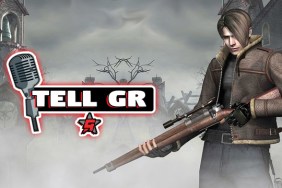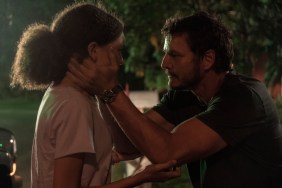A Grand Day Out
Justin wants to be just like his father–an adventurer. Unlike the many angst-ridden, emotionally tormented heroes of the RPG world (could it be because so many RPG children have negligent parents?), Justin is well adjusted and dreams of going to far off continents, meeting new people, and discovering ancient civilizations along the way.
The world was once thought to…
-
Interesting Characters
-
Battle System
-
Statistic building
-
Funny
-
Old school fun
-
Some framerate issues










